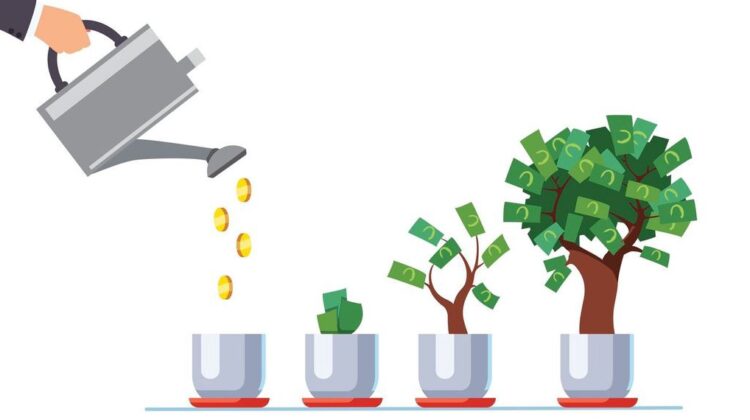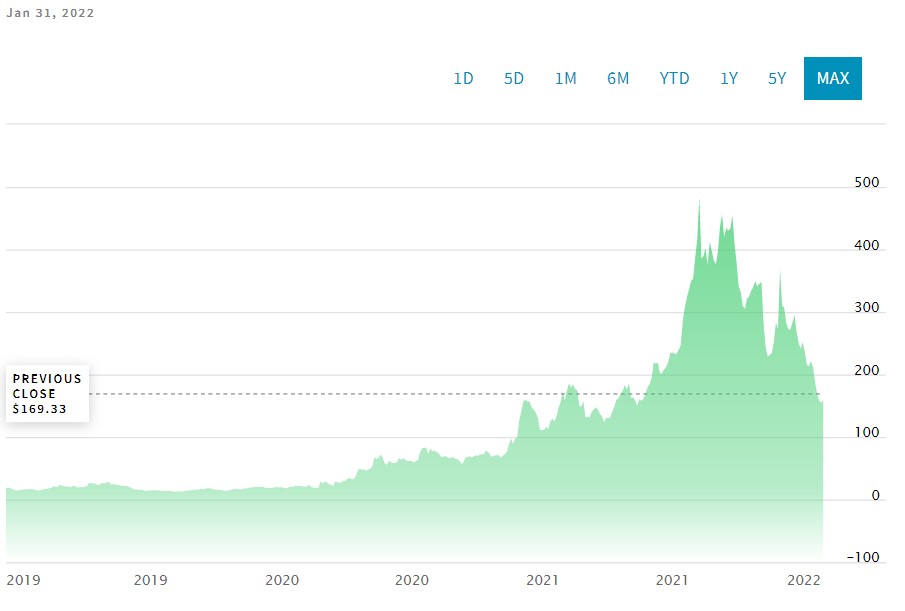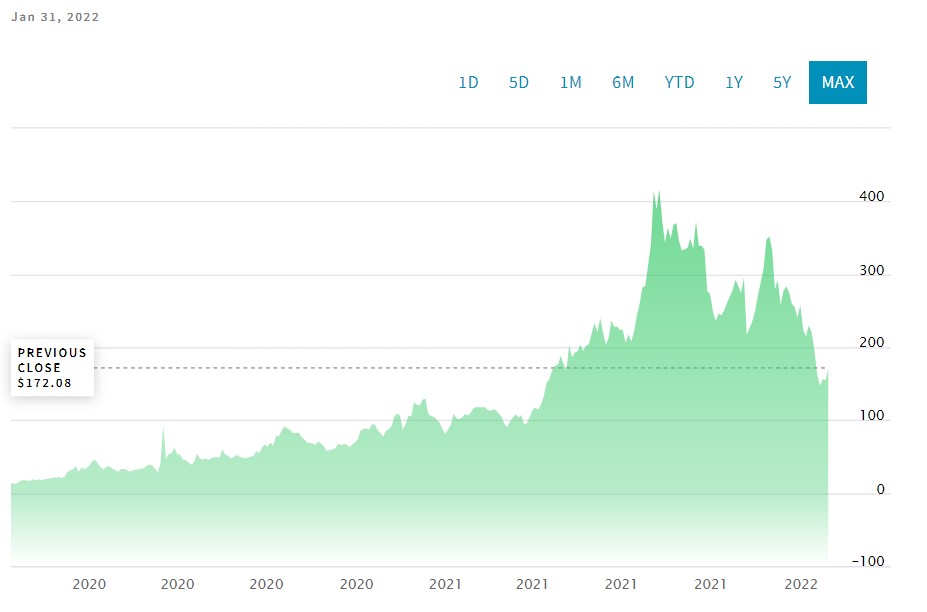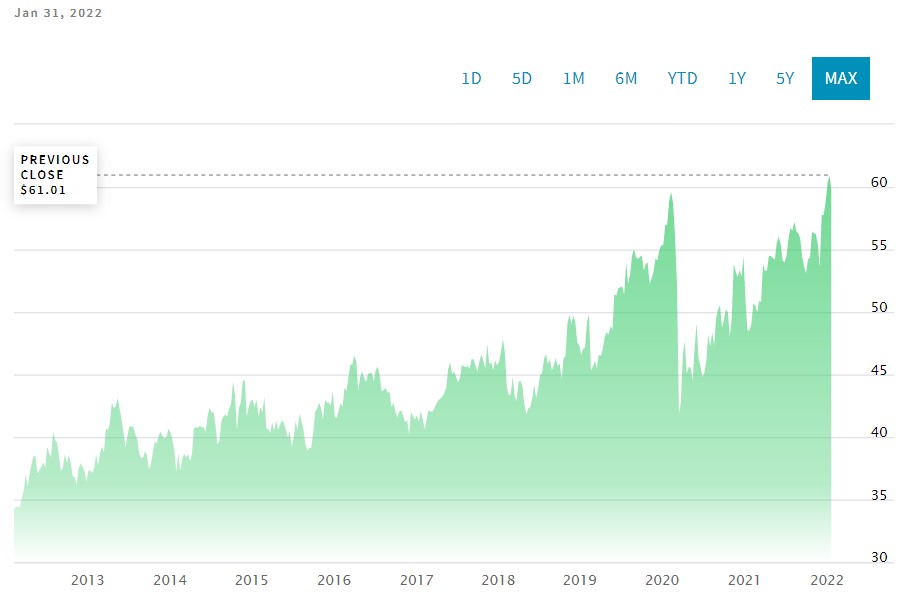

Research before deciding on an investment

Opinion by: Arben Selimi
Most people who invest their savings in capital markets often haste with their investment decisions. They don’t do enough research, don’t analyze company’s data, thus invest (often wrongly) without understanding the real value of the company. Basically, this manner of investing can hardly be called investing; rather it would have to be called gambling, because the investor relies on the probability that his assumption – that the stock price will go up just because its price lately has been rising steadily – will be correct. But good past performance does not always guarantee future profits. Therefore, you should not rely solely on the trend, rather you should base your investment decision on a thorough analysis.
Too often, investors buy stocks because another investor has recommended it, or because they have read one or more articles on the media stating that the stocks of a particular business is constantly growing.
If you make your investment decisions this way, without spending enough time analyzing the company whose shares you are about to buy, chances of making a wrong investment are very high. Moreover, this kind of decision making is risky because in the absence of sufficient information you rely on the information (or misinformation) that others give you.
You should make your investment decisions only after you have understood the true value of the company by doing extensive research, analyzing all the data that is available about the company, and in particular the financial statements, because they are the basis for decision making. Once you understand the value of the company, then it will be very easy for you to decide whether or not to buy shares of that company, and it will be easier for you to decide when to sell them.
A very important step for successful investment is to get to know the company you have chosen as a potential investment possibility. When you start researching, you need to evaluate the company with a structured approach. By structured approach I mean that your evaluation should include every aspect of the company starting with the most basic questions: What exactly does this company do and on what does it make money? Sometimes this is easy, but often times (surprisingly) it is not. If you have a good understanding of what that company is doing and are able to explain it to others, and they can easily understand you, you will probably need less time to understand other issues during development. of further analysis.
It is important to know what the company is like today and how it has come to this day, going back to its history. Its story best shows why a company is successful: Did it really work well? Or was its just lucky?
For instance, some of the pharmaceutical companies, whose shares prices have skyrocketed because they develop the vaccine against Covid-19, have high market value while before the pandemic their value was as nearly as high. Likelihood that they will be worth much in the not-too-distant future is quite small, unlike companies like Coca-Cola (KO), whose products have had constant and ever-increasing demand. So, Coca-Cola grew due to the dedication and tireless work for the development of products valued by the market, while pharmaceutical companies like Moderna, BioNTech and the like have grown due to the emergence of unexpected circumstances, while they seized the opportunity to develop a product whose demand in the market now is very high.
Moderna, Inc. Common Stock (MRNA)


BioNTech SE American Depositary Share (BNTX)


Like Moderna, BioNTech was not listed on the stock exchange before Covid-19 appeared, and while it received funding from Pfizer and the U.S. Department of Health, its stock price went up 37-fold, from 13 $ when the company went public (in October 2019) to $ 464 (August 2021).
Coca-Cola Company (The) Common Stock (KO)


Unlike the two companies mentioned above, Coca-Cola (KO) is a more stable company because its product has constant demand, therefore the price of its shares on the stock exchange is more stable, which for the investor is a kind of security and guarantee that his investment in the long run will return profits, while in case the investor has an urgent need for liquidity and is forced to sell his shares of companies like Coca-Cola, even if he does not receive any profit, at least there will be no loss, or the loss will be minimal.








